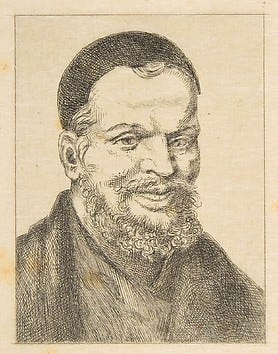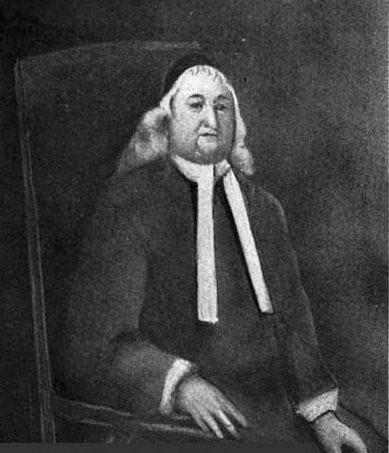This is not a great story, but it previews the stories that would distinguish Cheever from Salinger and Updike. Like “The Hartleys” it's a story about bad parents with too much money. Unlike that story, it's an unhinged depiction of a time and a place juggling styles, genres and characters. Had Cheever stayed in Manhattan, he might have been the Rabelais of Fifth Avenue instead of the Chekhov of Suburbia.
Named after a wealthy Manhattan neighborhood, this story has no main protagonist. Rather, it has approximately 7-8 characters who show up, grab the spotlight and then get pushed out of frame by other characters. In the first two pages alone, we are introduced to Deborah Tennyson, three year old girl who thinks that cocktails are the apex of the adult world and wears garish furs, Deborah's hungover parents, Richard and Katherine Tennyson, and Mrs. Harley, Deborah's 60 year old nanny who claims to love children but openly hates them. Mrs. Harley remembers owning a home, but after one dead husband, she's destitute and working as a babysitter.
Fortunately, Renee Hall shows up. Renee is the most ridiculous character. Renee loves children or at least the ideal of children. Renee goes to a forgotten boyfriend's funeral and cries because he died alone and she's certain that she will die alone. Deborah's parents banned her from parties because she asked too many questions about Deborah's doctor and future security. Still, Mrs. Harley wants to go to mass and Renee is available to watch Deborah. Then Renee spends so much time flirting with a strange man, Deborah decides to leave. Renee is so self-involved that three year old children run away from her.
The rest the story concerns the search for Deborah. Deborah just took the elevator down the front hallway. The elevator operator thought it was strange, but he was also drunk. She is looking for her friend Martha, who is probably imaginary.
At this point, we should note that this is one of the few stories where Cheever wrote about religion. Cheever had a very WASP approach to theology. His ancestors were puritans who outlawed Christmas and invented the Protestant Work Ethic, but Cheever's faith involved going to church on Sunday and leaving it at that. His doctor had to lie to him about a clinic being associated with AA because the higher power aspect repelled him.
One can see this attitude throughout the story. Mrs. Harley goes to church for the Latin and the bells and the kneeling. She's also a Catholic in a WASP enclave and one could argue that she'd be fired if she took Deborah to church with her.
Either way, she's better than Mrs. Emerson, an obnoxious woman of privilege who thinks that she's psychic because she spent her entire life hearing agreement. In another time, Mrs. Emerson would be promoting her spirituality with selfies at an ashram. In 1940s New York, she's interpreting dreams for money and sending unsolicited dream interpretations. In one message, she tells the Tennysons that they'd lose Deborah. Even though this makes her a suspect, she has too much faith in herself to ever stop.
Finally, there's the reference Bible. Katherine has a bathetic scene where she reads the apartment Bible (used only for reference) for comfort. She ends up reading the passages where God tells Abraham to sacrifice Isaac. This is not a comforting passage, but it gives Katherine license to theorize that older generations had religion so they could handle dead children better. Depending on your mood, this scene is either devastating or hilarious. Cheever can be evil that way.
Finally, Cheever indulges in a noir detective exercise where the Manhattan of cocktail parties and luxury apartments gives way to tenements, drunk women yelling and abandoned breweries. Before Cheever can spin this into a Raymond Chandler meditation on the darkness of the human soul, the cops find Deborah. As Richard desperately asks Deborah where she's been, who gave her bread and who's Martha, the story ends.
This story is not great, but it is unhinged and messy. At very least, we can thank God or literary fairies that John Cheever didn't have a Gordon Lish taking a chainsaw to his stories.







Exchange of monies in sunny weather with cheerful pals